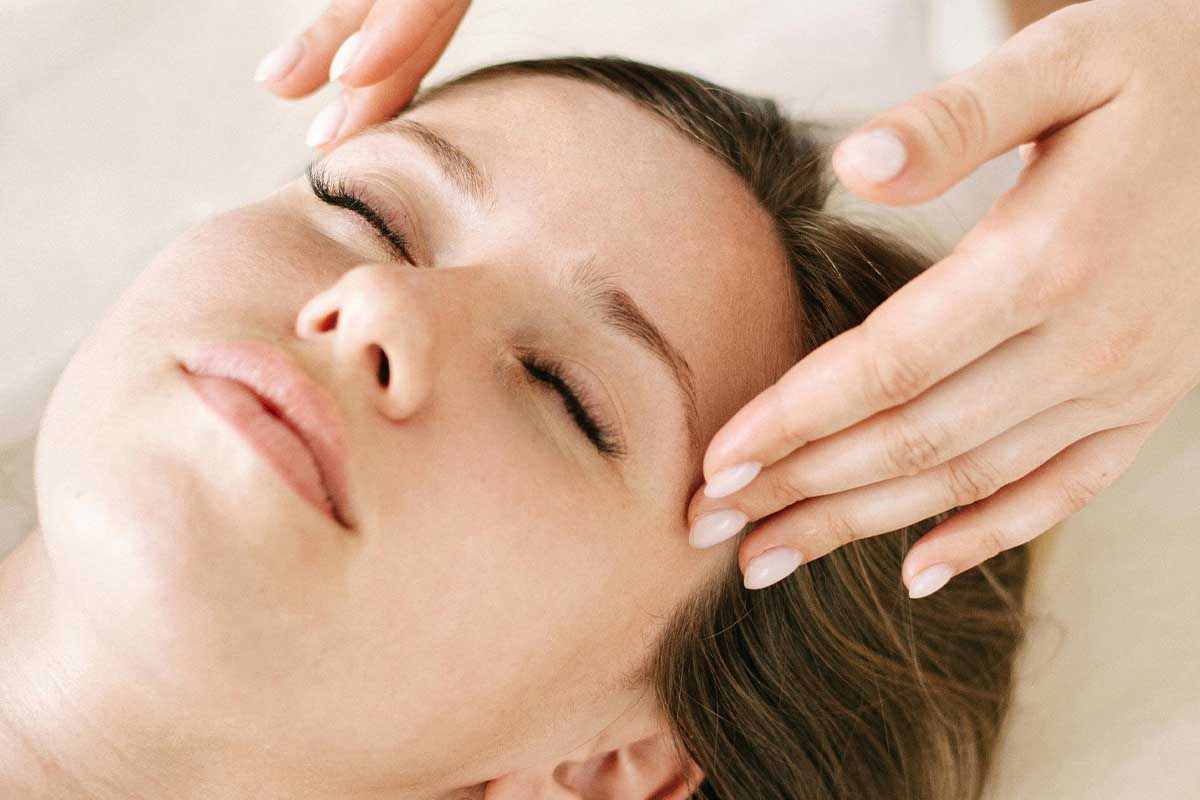Advertisement
Off With the Old
Prep your skin for spring

As warm weather finally arrives, it is tempting to cast off winter woollens and expose pale limbs to the sun’s caressing rays. But take a good look first. Do you really dare to bare?
Winter’s effect on skin is not a pretty one. Extreme temperatures, dry indoor climates, and stodgy diets can leave skin dull, blemished, scaly, and blotchy—all the way from flaky scalps to cracked heels.
So how to prepare for spring’s revealing shorts and sleeveless tops? Follow a three-step process of cleansing, rejuvenating, and protecting. Here’s how.
Cleanse
Exemplary exfoliants
Skin offers protection from the elements and helps eliminate toxins—except when it’s muffled in layers of winter clothing.
“One of the things we want to do as we move into spring is exfoliate and slough off some of the dead skin,” says Dr. Wendy Smeltzer, the medical director for a Calgary-based spa. “A really good medical exfoliant is a good way to start.”
Remove dull, dry skin with a gentle facial cloth or, on the body only, a loofah or scrub—or even splurge on a mild chemical peel.
Clean from the inside out
It’s not just the surface of the skin that needs a spring cleaning. After months of winter feasting, the whole body needs a detox.
“The dermis is fed by the blood vessels, and that’s where the nutrients go. By only putting products topically on the epidermis, you never get down to that level,” explains Corina Crysler, the executive director of a Toronto-based nutracosmetics company.
Crysler recommends a supplement such as broccoli seed extract to purge “the excessiveness of winter,” the culprit behind end-of-season blemishes.
Rejuvenate
Skin-enhancing supplements
Good nutrition is important for skin. But, Crysler explains, the food we eat doesn’t contain enough active ingredients to create dramatic skin care improvements. That’s why it helps to take supplements of the antiaging antioxidants found in blueberries, cranberries, and pomegranates.
Perhaps the most effective is vitamin C, which helps create collagen to build skin’s elasticity and reduce free radicals that can lead to wrinkles.
Slather on some C
Vitamin C has also proven effective when applied topically. Dr. Smeltzer says, “My key regimen as we come into spring is exfoliation followed by a vitamin C serum to reduce UV damage.”
Other “cosmeceutical” ingredients that have been shown to reverse signs of sun damage include idebenone, coenzyme Q10, hesperidin, retinol, and hydroxy acid. Look for them when you shop for a moisturizer to help replenish your dehydrated skin.
Protect
Sun-protection supplements
The sun is necessary for survival, but its ultraviolet rays are also skin’s biggest enemy. Skin is particularly sensitive to UV in springtime.
Build tolerance to the sun by taking photo-protective supplements such as lycopene and beta carotene.
Skin-saving sunscreen
Always use a sunscreen of at least SPF 30, Dr. Smeltzer says. “We’re not just talking about preventing sunburn; we’re talking about preventing skin damage from that UV exposure. That’s probably the most critical thing we can do as we move into spring.”
Only then will you be ready to shed your winter carapace and embrace the glories of spring.
Avoid these …
- products containing potentially skin-irritating fragrances, alcohol, and PABA (para-aminobenzoic acid)
- products containing phthalates or parabens, preservatives that are suspected carcinogens
- facial exfoliators made from walnut shells or apricot pits, as many of them contain sharp particles that can tear the skin




